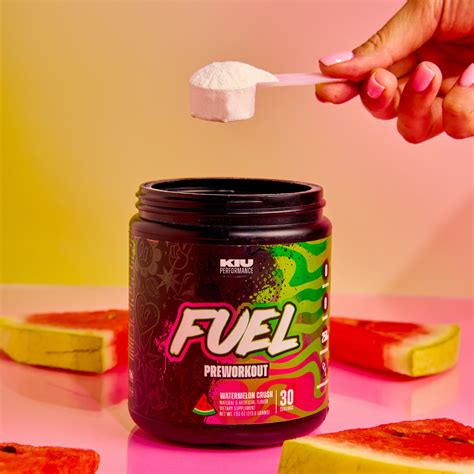The Critical Role of Pre-Workout Nutrition
Stepping into the gym with the right fuel can be the difference between a mediocre session and a personal best. Your pre-workout meal or snack isn’t just about staving off hunger; it’s about strategically priming your body with the energy and nutrients required for optimal performance, sustained focus, and muscle preservation. Understanding the role of macronutrients – carbohydrates, proteins, and fats – is key to unlocking your full potential.
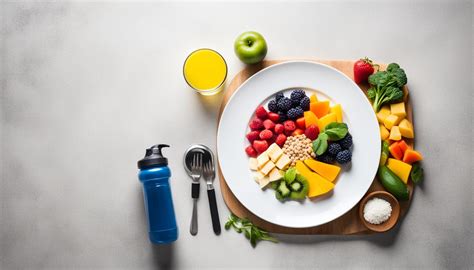
Carbohydrates: Your Primary Energy Source
Carbohydrates are your body’s preferred source of energy, especially during high-intensity exercise. They are broken down into glucose, which is stored as glycogen in your muscles and liver. Adequate glycogen stores are crucial for sustained energy throughout your workout, preventing fatigue and allowing you to push harder for longer.
- Complex Carbohydrates: These are your best bet for pre-workout fuel when consumed 2-3 hours before training. Foods like oats, whole-wheat bread, brown rice, sweet potatoes, and quinoa provide a slow and steady release of glucose into the bloodstream, ensuring sustained energy without a sudden crash.
- Simple Carbohydrates: Closer to your workout (30-60 minutes), a small amount of easily digestible simple carbs, like a banana or a piece of fruit, can provide a quick energy boost. However, rely primarily on complex carbs for lasting power.
Protein: Muscle Protection and Repair
While carbs provide energy, protein plays a vital role in protecting your muscles during exercise and kickstarting the repair process. Consuming protein before a workout helps reduce muscle breakdown (catabolism) and supports muscle protein synthesis.
Aim for a moderate amount of lean protein alongside your carbohydrates. Excellent sources include chicken breast, Greek yogurt, eggs, turkey, or a scoop of whey protein. Protein also contributes to satiety, helping you feel full and focused without digestive discomfort.
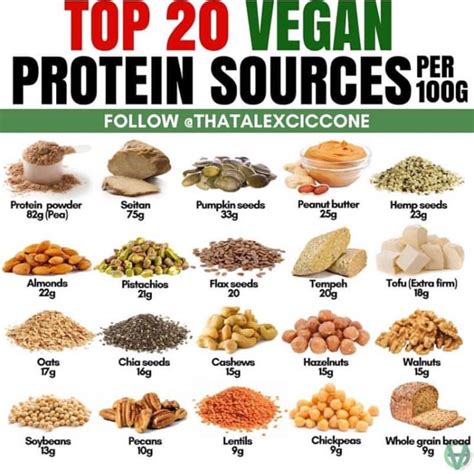
Fats: The Slow Burn (in Moderation)
Fats are an essential macronutrient for overall health, but their role in pre-workout nutrition is a bit nuanced. While fats are a dense source of energy, they digest much slower than carbohydrates and proteins. Consuming too much fat directly before a workout can lead to digestive discomfort, bloating, and may even slow down the absorption of other crucial nutrients.
Keep your pre-workout fat intake low to moderate. If your meal is 2-3 hours out, a small amount of healthy fats like a few almonds, a quarter of an avocado, or a teaspoon of olive oil is acceptable. Closer to your workout, it’s generally best to minimize fat intake.
Hydration: The Unsung Hero
Often overlooked, adequate hydration is just as critical as your macronutrient intake. Dehydration, even mild, can significantly impair performance, reduce focus, and lead to premature fatigue. Ensure you are well-hydrated throughout the day and consume 16-20 ounces of water 2-3 hours before your workout, followed by 8-10 ounces 30 minutes prior.
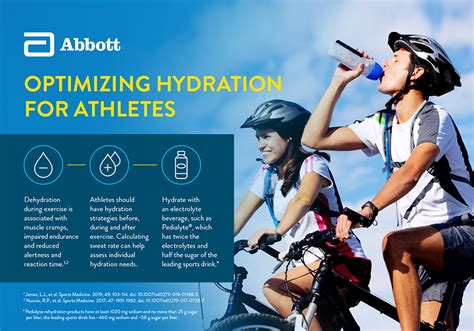
Timing Your Fuel Intake
The timing of your pre-workout meal or snack is as important as its composition. Here are general guidelines:
- 2-3 Hours Before: A balanced meal containing complex carbohydrates, lean protein, and a small amount of healthy fats. This allows ample time for digestion and nutrient absorption.
- 30-60 Minutes Before: A lighter snack focusing on easily digestible carbohydrates and a little protein. Examples include a banana with a tablespoon of nut butter (if tolerated), a small bowl of Greek yogurt with berries, or a rice cake with a thin spread of jam.
Sample Pre-Workout Fuel Ideas
- 2-3 Hours Before: Oatmeal with berries and a scoop of protein powder; whole-wheat toast with scrambled eggs and avocado; chicken breast with sweet potato and green beans.
- 30-60 Minutes Before: Banana; apple slices with a tiny bit of peanut butter; small handful of dried fruit; rice cakes.
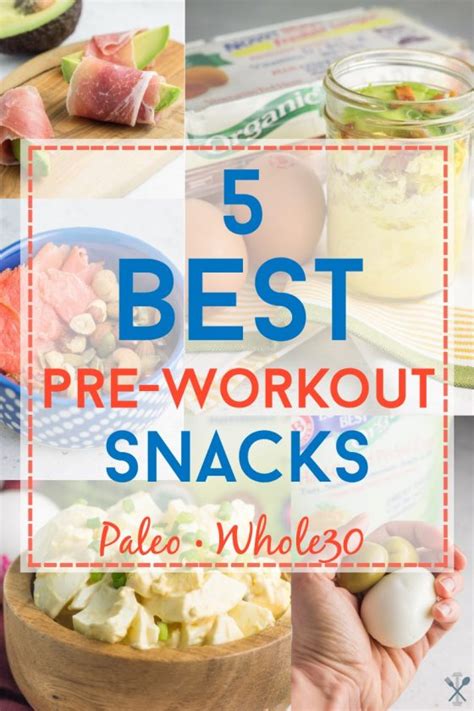
Listen to Your Body: Individualized Fueling
While these are general guidelines, everyone’s body is unique. Factors like metabolism, exercise intensity, duration, and personal preferences all play a role. Experiment with different macro ratios, food choices, and timing to discover what works best for you. Pay attention to how you feel during your workout – your energy levels, focus, and digestion – to fine-tune your pre-workout strategy.
Conclusion: Fuel Smart, Train Hard
Optimizing your pre-workout fuel is a powerful tool in your fitness arsenal. By prioritizing complex carbohydrates for sustained energy, lean protein for muscle support, and managing fats for efficient digestion, you can significantly enhance your gym performance. Combine this with proper hydration and mindful timing, and you’ll be well-equipped to tackle any workout with sustained energy and laser-sharp focus.

